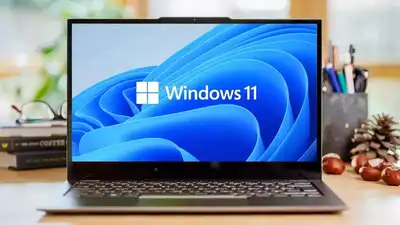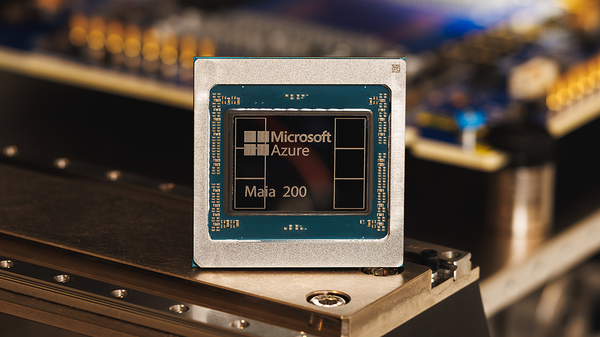Microsoft Says OpenAI's Open-Source Model Can Now Run on Windows PC
GPT-OSS-20b is optimised for agentic tasks like code execution and tool use

Microsoft is integrating OpenAI’s new open-weight GPT model, gpt-oss-20b, into Windows 11 through its Windows AI Foundry platform. This allows users to access AI tools and features locally, without relying on cloud resources.
OpenAI released two open-source models for the first time since GPT-2, after months of anticipation.
Described by Microsoft as “tool-savvy and lightweight,” gpt-oss-20b is optimised for agentic tasks like code execution and tool use. It runs efficiently on Windows devices with at least 16GB of VRAM, and support for more hardware is on the way.
"It’s notable that these aren’t stripped-down replicas—they’re fast, capable, and designed with real-world deployment in mind: reasoning at scale in the cloud, or agentic tasks at the edge," Microsoft said in a blog post.
OpenAI trained the model using high-compute reinforcement learning, making it suitable for AI assistants and real-world workflows—even in low-bandwidth environments.
For the first time, you can run an OpenAI model locally on Windows.
— Yusuf Mehdi (@yusuf_i_mehdi) August 6, 2025
Starting today, gpt-oss-20B is available through Windows AI Foundry—bringing high-performance, open-weight models directly to your device. No black box, no cloud required. Just fast, local inference on modern,…
Despite its capabilities, gpt-oss-20b is a text-only model and does not handle images or audio.
It also has a known tendency to hallucinate—failing 53% of the time on PersonQA, OpenAI’s benchmark for people-related knowledge.
Microsoft plans to expand support to macOS and other devices and will also offer gpt-oss-20b and gpt-oss-120b on its Azure AI Foundry.




